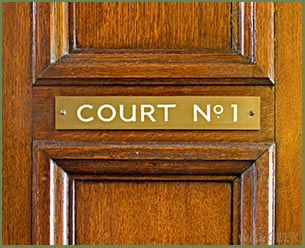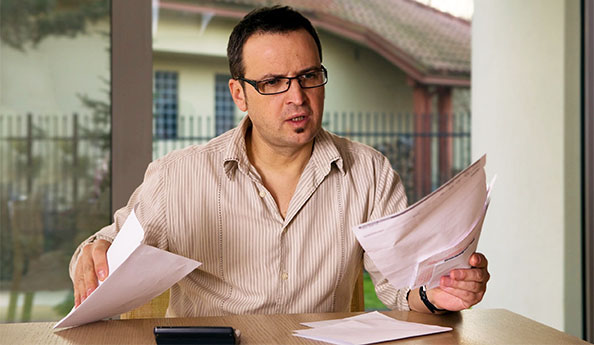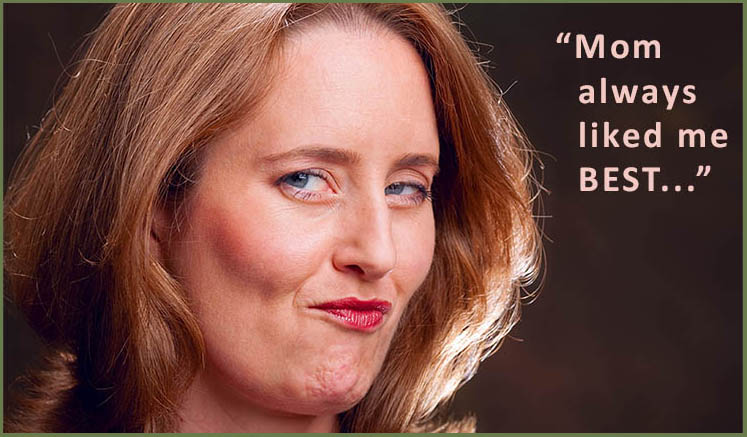WHY DID THE TRUSTEE PAY ALL THAT MONEY TO HIMSELF?
WHAT ARE TRUSTEE FEES?
A trust is typically established by a document known as a declaration of trust will which is a document with instructions for how the trust assets are to be handled. The declaration of trust also identifies the trust creators, known as trustors, the beneficiaries who will be receiving money and benefits out of the trust and the trustee. The trustee is the person or institution responsible for administering the trust, writing the checks, paying the bills, etc. The trustees fees are what is paid to the trustee for doing the work of administering the trust.
 Orange County Estate Planning Lawyer Blog
Orange County Estate Planning Lawyer Blog


 Is My Inheritance Taxable – Your inheritance of money or property may come from the estate of a deceased person or from a trust established previously. These types of things are generally referred to as “bequests” or “gifts” as far as tax law is concerned. People receiving bequests or gifts are referred to as “beneficiaries”.
Is My Inheritance Taxable – Your inheritance of money or property may come from the estate of a deceased person or from a trust established previously. These types of things are generally referred to as “bequests” or “gifts” as far as tax law is concerned. People receiving bequests or gifts are referred to as “beneficiaries”.

 If a will or a trust does not make an equal division of the estate then an unhappy heir might want to make a challenge. The law does not require you to equally divide your estate equally amongst your children or to give anything to them for that matter. Most children or in some instances brothers or sisters where there are no children feel that they are entitled to an inheritance. Not everybody understands or believes that a person making a will or trust can leave his or her assets to anyone. This has led to litigation challenging the provisions of the will or trust.
If a will or a trust does not make an equal division of the estate then an unhappy heir might want to make a challenge. The law does not require you to equally divide your estate equally amongst your children or to give anything to them for that matter. Most children or in some instances brothers or sisters where there are no children feel that they are entitled to an inheritance. Not everybody understands or believes that a person making a will or trust can leave his or her assets to anyone. This has led to litigation challenging the provisions of the will or trust.

